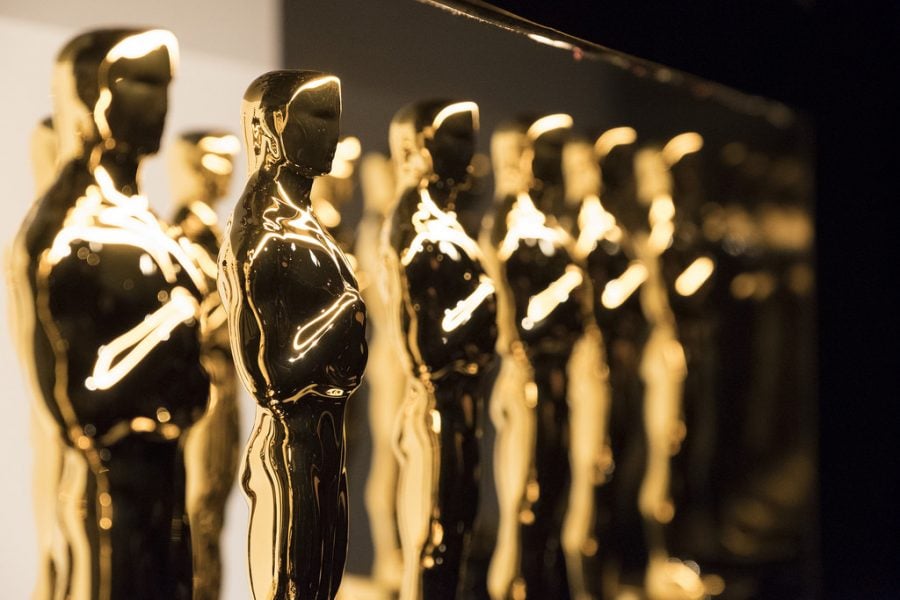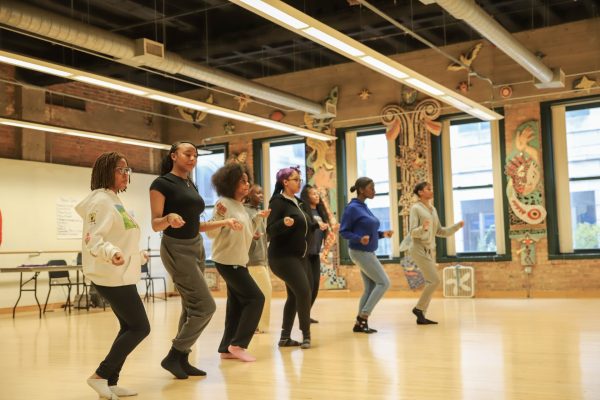A wake-up call to enjoy cinema
Ah, to be a cinephile during the month of February.
Studios seamlessly dump their profitable yet fruitless films in wide-release this month, as the “best” films were released in the latter months of the year prior. If you’re like me and don’t feel like indulging in “Dolittle” or “Gretel and Hansel” this month, then gearing up for the annual Academy Awards is the next best thing, despite the numbing frustration that is reasoning with the Academy and their unpredictable favoritism. Hating the Academy’s picks is rudimentary and almost expected, but understanding who the Academy voters are is one of the many integral steps that can lead one to a successful Oscar ballot.
According to a Good Morning America article by Tommy Brooksbank published right before the 2019 Oscars, there were roughly 8,000 Academy members, with diversity being perpetually increased every year. But, this additional diversity may not necessarily translate to the nominations, as the 2019 Best Picture prize going to “Green Book” and its dense topics of racism and segregation being generalized and explained to you by a couple of white guys. It’s sort of the anecdotal pitfall that characterizes the Academy, a footnote that will surely assist in picking this year’s top categories.
The Golden Globes are a precise precursor to the Oscars, as “Green Book” and “Bohemian Rhapsody” took home many awards that were then repeated by the Academy last year. The BAFTA’s (Britain’s equivalent to the Oscars) are coming this Sunday, February 2, and have often been an even better predictor of the Academy Awards than the Golden Globes are. Regardless, both are great ways to forecast the Academy’s picks. Voters are typically sent DVD screeners of films from studios that have the budget to enlist in this marketing, with the “honor code” utilized to trust that voters watch the films that are to be considered. It remains a gray area that must be navigated around rather than purely investigated.
Writing a section on each category and my subsequent thoughts would be a pointless venture, just as it would boil down to trash-talking the Academy’s pompous presentation. Instead, I will list the main categories and my predicted winner for each category, as you and I both know that we both haven’t seen the nominees for Best Documentary Short.
By utilizing the Golden Globes, the Academy’s past, their demographics, and my true gut feelings, here are my predictions: frontrunners (most likely), close-calls (possible, not probable), and potential upsets (slight possibility, barely probable) for the 2020 Academy Awards. Plus, I’ll include another category for who I think is missing from the categories and are worth mentioning, as the Academy Awards are as subjective and exclusive as any other award ceremony.
Overall, these nominations are rather disappointing. While it can be easy to take for granted the recognition of great films that lead uniquely ceaseless analysis during the year (“Parasite” and “Once Upon a Time in Hollywood”), the unadulterated dismissal of celebrating new and diverse voices is clearly present. It’s a shame, as the Best Picture award going to “Moonlight” at the 2017 Academy Awards was the product of a live-TV fluke that became the highlight of the night. Hidden within all of that attention was the film that stole the award, one that spoke volumes in its transitionary presentation and interwoven themes of nature and nurture, identity, and the existential doubt in one’s self.
Last year’s eye-rolling winner for Best Picture was “Green Book,” which forever marks a dismissive stain on independent cinema’s short-lived triumph. The Academy is as predictable as their past actions, with their track record inherently representing what cinematic innovations and viewpoints that they sometimes watch, rarely seem to appreciate and then dismiss studios that don’t have a budget for DVD screeners. The Oscars are always a wake-up call, one that reminds you to enjoy cinema as it was meant to be enjoyed: on your own, subjective terms.












